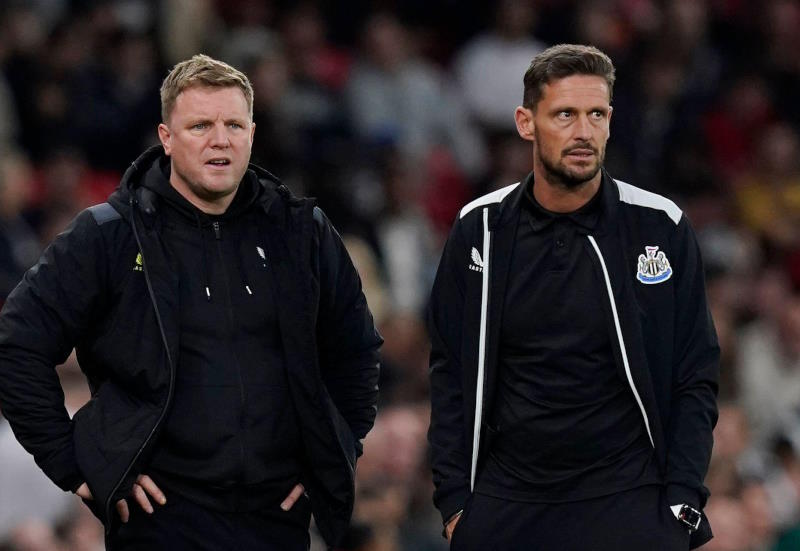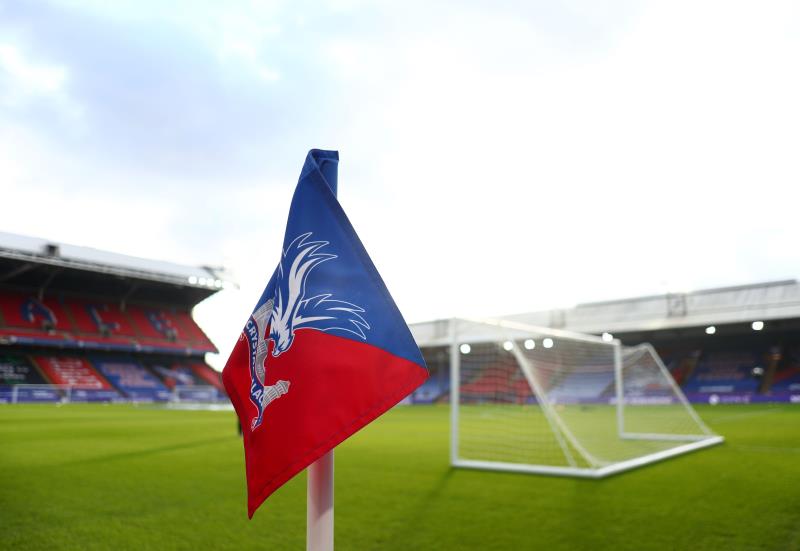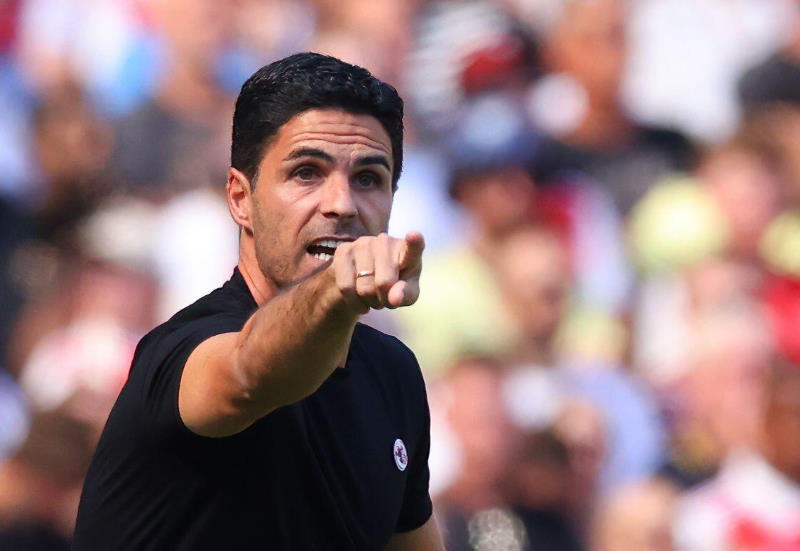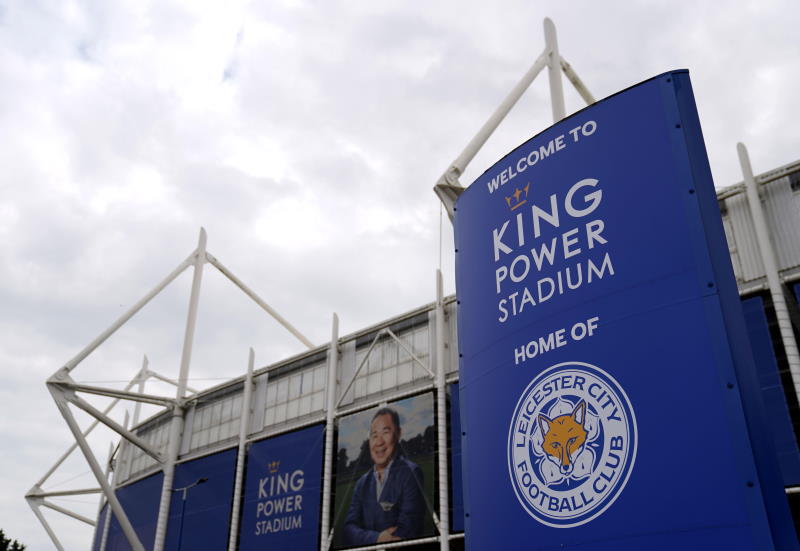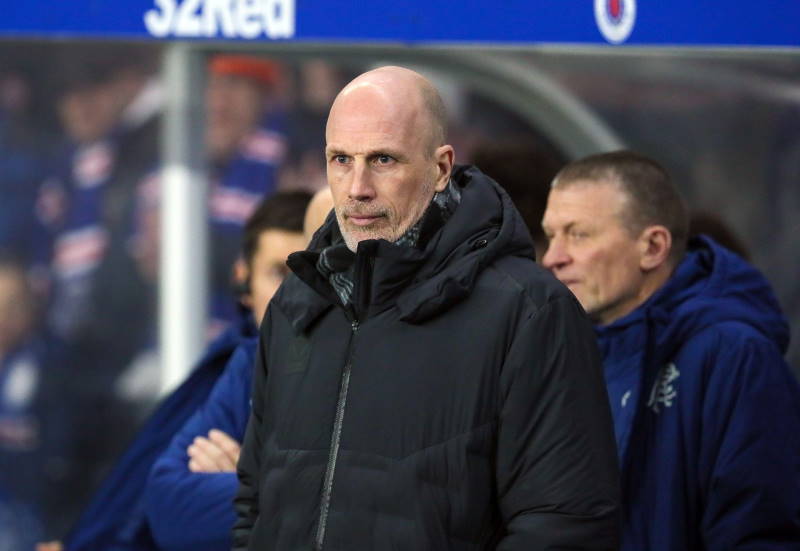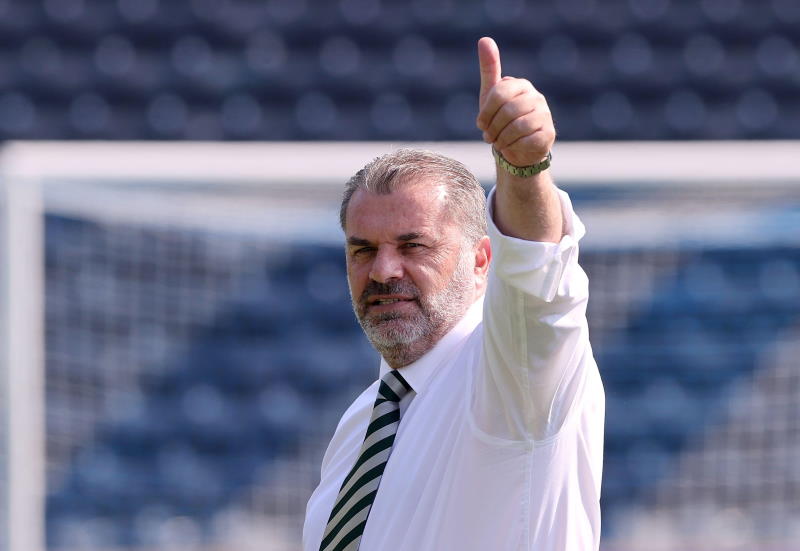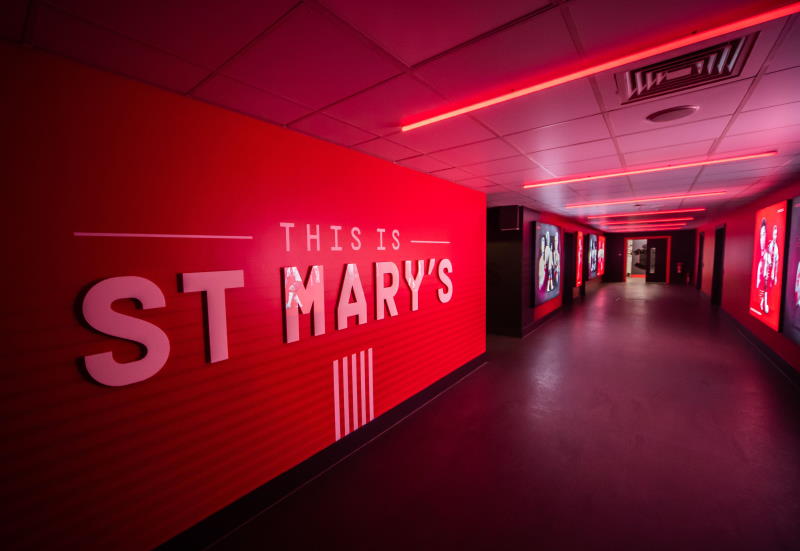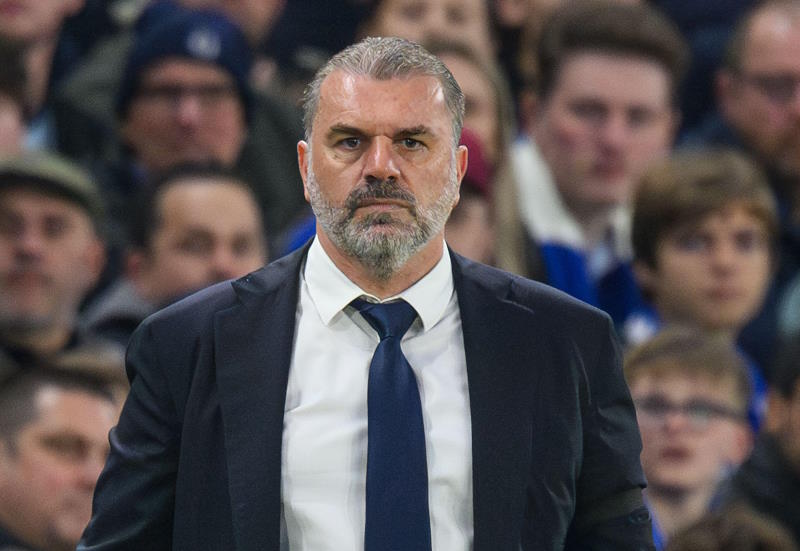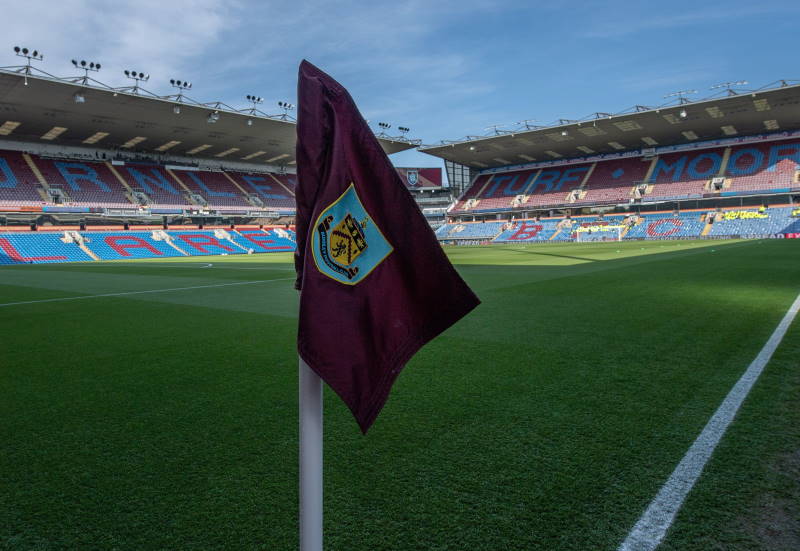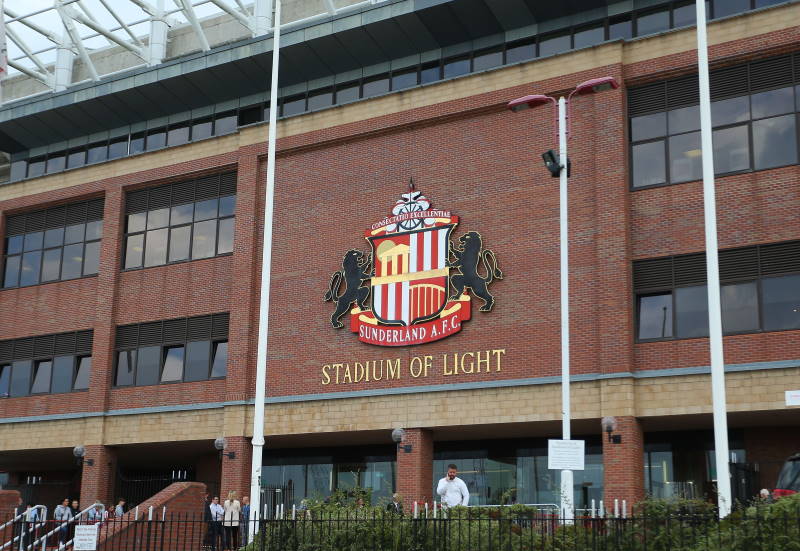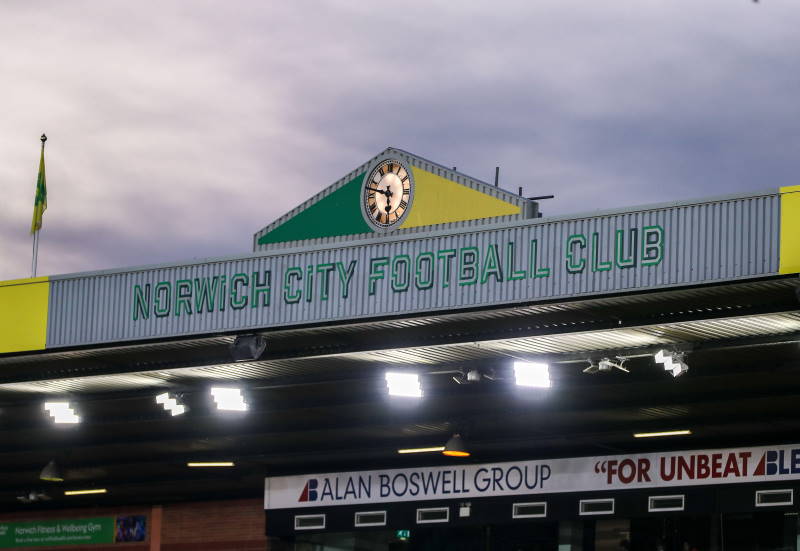
With Neil Warnock biting the bullet, a new era has been ushered in at Queens Park Rangers – but is it the new manager, Mark Hughes, or the brash new chairman who is steering the good ship at Loftus Road?
The ironic thing about the departure of a larger-than-life, polarising populist character like Warnock is that, for once, he has not been making all of the noise. That has come, mainly via Twitter, from QPR’s enigmatic new owner, the Malaysian businessman Tony Fernandes. Having tried to take over his beloved West Ham United, Fernandes bought out Flavio Briatore and others to take charge at QPR, where he funded a last-minute splurge in the transfer market, aiming to support Warnock’s mission to keep the side in the Premier League.
A moderately successful start to the season has recently tailed off, with no wins in the last eight games eventually putting paid to the former Sheffield United manager. This was followed by fevered speculation, not only over Warnock’s successor before the announcement of Hughes, but also potential transfer targets, including ambitious bids for Blackburn Rovers captain Christopher Samba, Manchester City exile Wayne Bridge and Darren Bent – signed from Sunderland by Aston Villa for £24M twelve months ago.
Fernandes’ comments have so far managed to be an unusual mix of the typical brash ambition of many a nascent owner and apparent contrition and sympathy for Warnock. The Twitter presence seems designed to be a platform to discuss his decisions openly with QPR fans, a bold initiative pursued with varying degrees of success by footballers (not least QPR captain Joey Barton), but not as yet by owners.
The new breed of mega-rich Russian oligarchs and Arabian sheikhs have if anything offered only an impassive, Ozymandian sneer of cold command, while the old style of voluble owners, embodied by Ken Bates at Leeds United (though most famously at Chelsea), is generally viewed with suspicion by fans. Fernandes’ opening of a line of constant communication could be interpreted as a third way between monastic silence and irregular rants, but what type of chairman he is will be determined by his relationship with Hughes, and possibly his successors.
The image of owners can often be of the avuncular sugar-daddy, much like how Jack Walker was perceived at Blackburn– a local boy ‘done good’, returning to his hometown club to save them from extinction or bring back the good times. Dave Whelan at Wigan, Steve Gibson at Middlesbrough, Delia Smith at Norwich, Elton John at Watford… the list of rich and famous benefactors returning with wheelbarrows of cash is plentiful.
Of course, there have been some less celebrated characters to come in and take over a club – Silvio Berlusconi may have rescued and restored AC Milan to spectacular success, to the gratitude of their fans, but his habit of boastful transfer claims and posturing is more endured than enjoyed. Meanwhile Ewood Park has become the centre of a civil war between angry fans and Venky’s, the Indian owners since December 2010 who promised Ronaldinho and David Beckham, but brought instead Simon Vukcevic and Ruben Rochina, and unpopular regimes at Liverpool, Manchester United and Newcastle United have all seen mass protests in recent years.
The case of Newcastle is an interesting point. A club with a similar propensity to hire and fire managers as QPR, the takeover by Mike Ashley and his ‘cockney mafia’ and subsequent relegation hardened the long-suffering Toon Army against his reign. When popular manager Chris Hughton was sacked midway through Newcastle’s first season back in the Premier League, replaced by Londoner Alan Pardew, uproar ensued, and flames were well and truly fanned by the sale of Andy Carroll to Liverpool last January, especially after Pardew’s assurances to the contrary.
With key players Kevin Nolan, Jose Enrique and Barton all sold in the summer, the knives were out, but Pardew’s roaring success on limited means has transformed the atmosphere around St James’ Park (or the Sports Direct Arena, as another Ashley gaffe would have it). In doing so, the acrimony directed towards the owner has dramatically subsided.
Such an incidence of a manager changing the reputation of the owner is highly unusual, and looking at the Premier League it is easy to see how a popular owner can sustain an under-fire manager, or how poisonous anger aimed at the top trickles down and infects a manager’s standing.
The unpopularity of Venky’s has made unfortunate manager Steve Kean Public Enemy Number One in Blackburn, while the Geordie-born Steve Bruce was spared a lot more fan disapproval due to the esteem Ellis Short is held in at Sunderland. Stable ownership at strugglers Bolton Wanderers and Wigan has meant fans tend to trust the chairman in times of trouble, while the turbulent ownership issues tarnished even very rare trophies for Portsmouth and Birmingham City, both now languishing in the Championship following years of internal unrest and blood in the boardroom.
Despite continued opposition to his move from relegated arch-rivals Birmingham City that has left Villa Park depressed and deflated, one thing going for Alex McLeish is the high standing of Aston Villa owner Randy Lerner, who fans sided with when Martin O’Neill departed in August 2010 and respect for sustainably bankrolling an ill-fated push for the Champions League.
At Manchester United, Sir Alex Ferguson’s position is so secure even his support of the disliked Glazers cannot endanger him, while being appointed by the much-maligned motormouth duo of Tom Hicks and George Gillett ensured Roy Hodgson’s tenure at Liverpool was destined for disaster. Fenway Sports Group, the new owners, habitually only speak when they have to, and in allowing Kenny Dalglish to be the personification of the club, have returned to the formula of quiet continuity favoured in Anfield’s glory days.
If one club sums up the defining impact a chairman or owner has on their club, not just financially but culturally, then it is Chelsea. Despite their obvious indebtedness to Roman Abramovich, his inscrutable management style, with an inner circle of favourites and courtesans rivalling a gossip-fuelled medieval princedom, fans remain skittish even in the most glorious era in their history, a combination of nerves and paranoia which often translates into booing the manager at the first sign of trouble.
This was much worse for Avram Grant, seen as an over-promoted favourite of the owner, but has infected any attempts at effecting changes in style and personnel by Luiz Felipe Scolari, Carlo Ancelotti and now Andre Villas-Boas, who now is burdened with the legacy of such stasis and inertia, an imbalanced, overage and overindulged squad liable to mutiny.
It could even be suggested that, with football more and more dominated by money and titles and silverware decided by balance sheets and expenditure, this is a time when owners are more significant than managers, their decisions to spend or save integral to managerial fortunes, keeping Premier League status or imploding in a spiral of debt. With Warnock walking the plank at Loftus Road, the ship will be sailed by Captain Fernandes hoping to glide over calm waters on an even-tide of money, rather a sea of pirates, big beasts and ill-winds of misfortune. Bon voyage!

